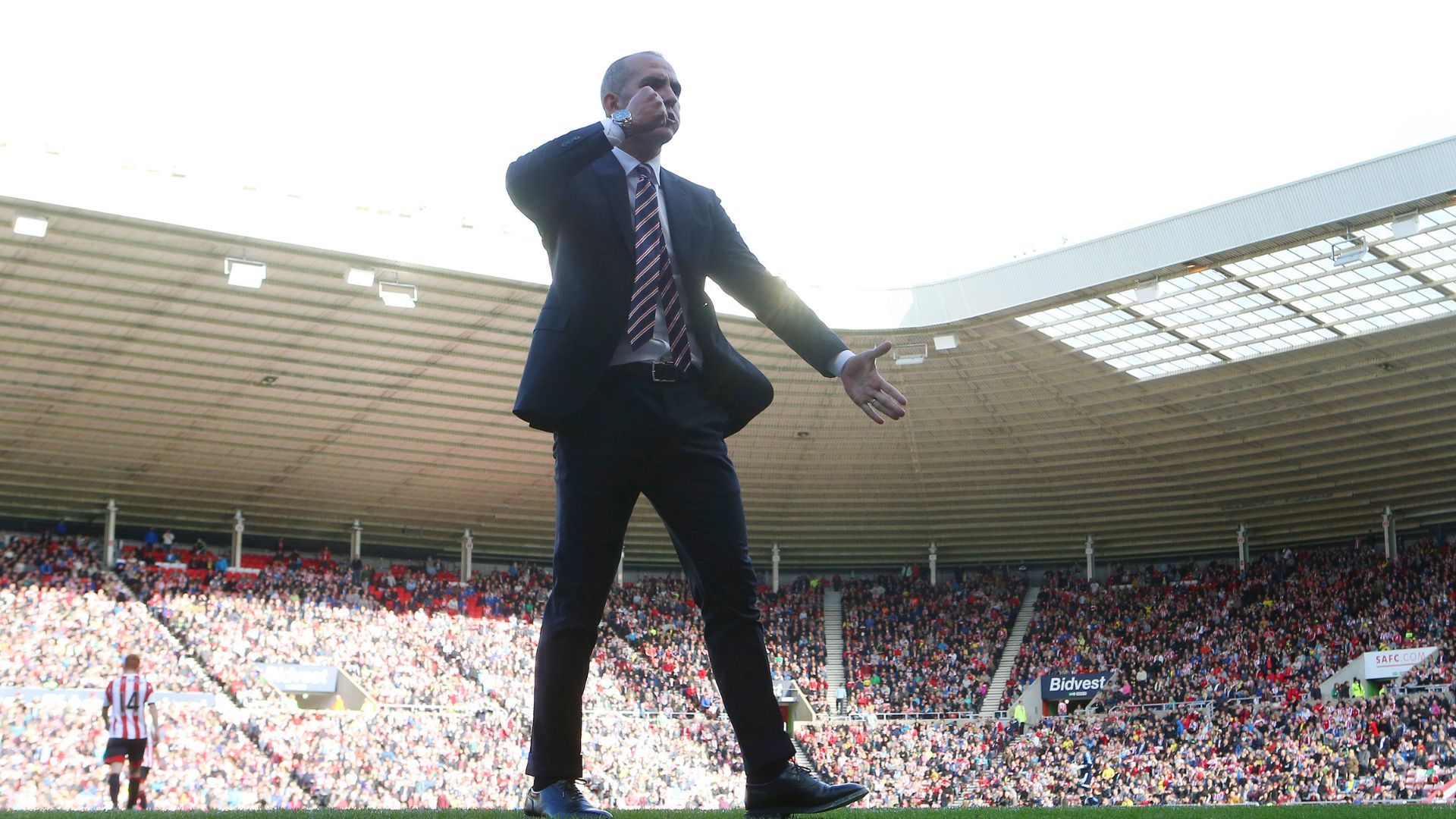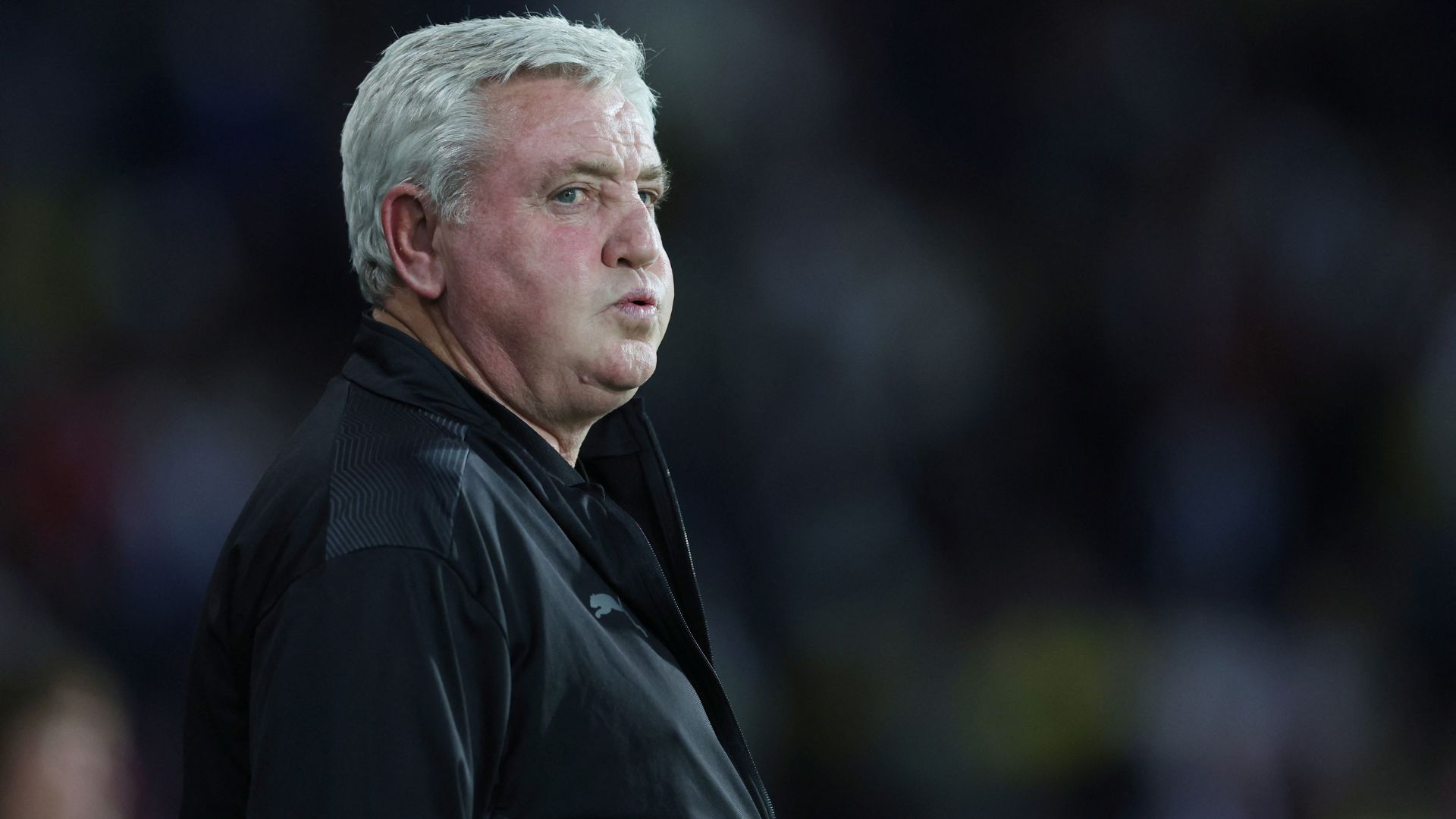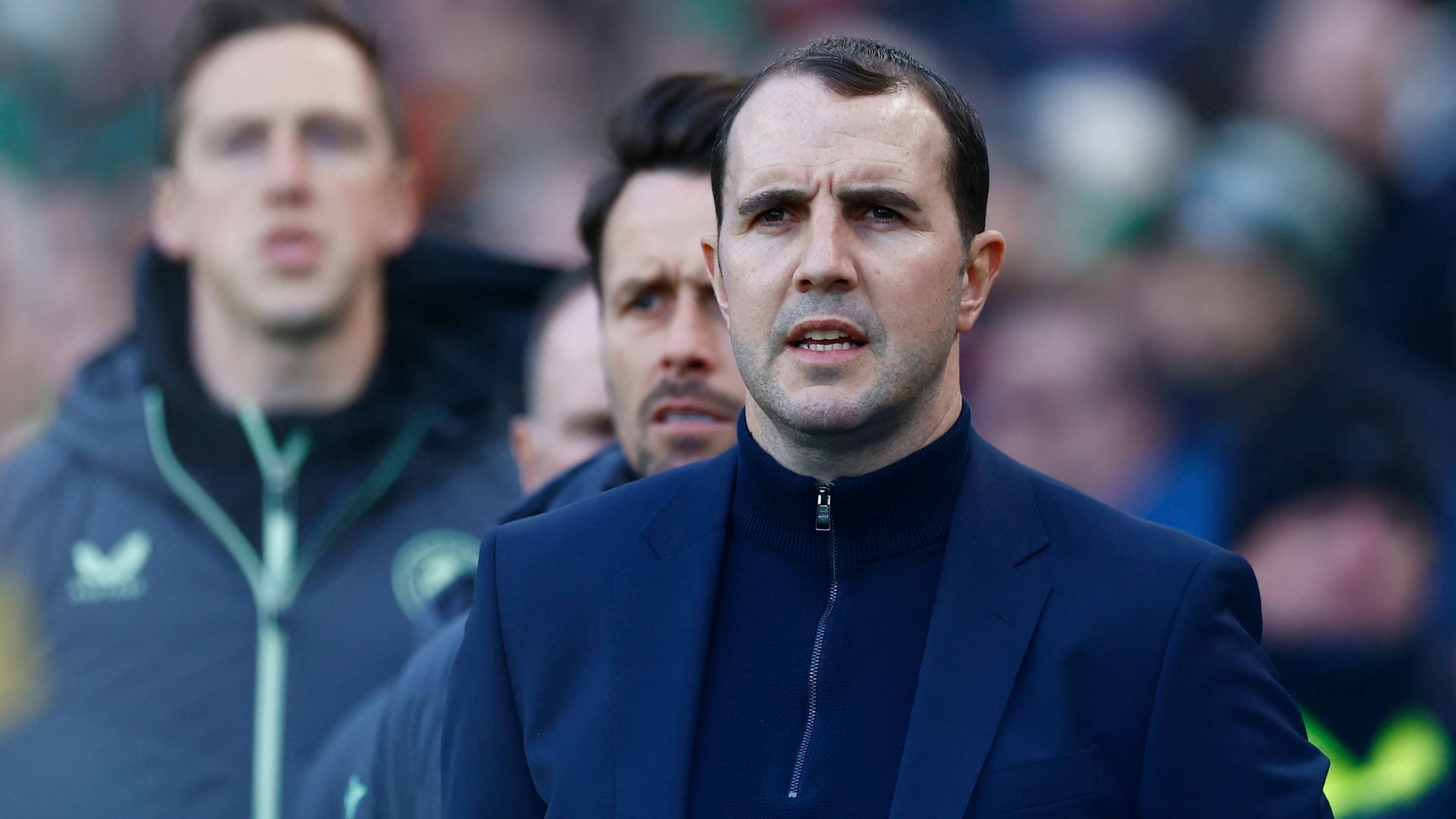

It was likely Steve Bruce’s last beneficial impact on the club, as he used his United connections to persuade the Irishman to conclude his 12-year stay at Old Trafford.
O’Shea, a versatile defender who could also play midfield, made 393 appearances for Alex Ferguson’s United, winning five Premier League titles and one Champions League.
Though his contributions to one of the best British club sides ever assembled are nothing to laugh at, O’Shea was nearly always on the outside of the club’s glory.
At 30 years old, Mackem’s 2011 transfer offered a completely new challenge, as he would quickly become one of the squad’s most recognizable names.
O’Shea brought a wealth of experience to Sunderland
Bruce’s Black Cats finished 10th in the 2010-11 Premier League season, and while the Wearside club would bite your hand off for those fortunes right now, fans would have been slightly unhappy with their mid-table position.
Prior to February 4th, the team was in 6th place and on track for European football after a strong start to the season. Sunderland, on the other hand, found themselves on the verge of relegation by April after losing nine games in a row.
What may have caused this dramatic drop in performance? Bruce’s young team, with an average age of 25.1, were the second least experienced in the league and may have struggled under pressure.
With this in mind, Bruce’s summer transfers included an entire back four of 30-something defenders with Premier League experience.
Wayne Bridge and former Liverpool centre-back Sotirios Kyrgiakos were signed on loan, and a permanent pair of recent Premier League champions, the aforementioned O’Shea and Wes Brown, left Old Trafford.
Having played almost 10,000 minutes with Brown at Man United and surrendering only 158 times in 184 games together, the Makems were eager to sign both players.
This expected defensive stability was partially realized, as O’Shea and co. conceded 46 goals in the 2011-12 season, equal to Chelsea and three fewer than Arsenal. However, it was their inability to score goals that resulted in Bruce’s dismissal in November, just four months after the former United players.
He didn’t appear to mind, however, as in September 2012, he gladly accepted the captain’s armband.
Providing stability in an uncertain time for Sunderland
During a troubled period for the club, O’Shea was managed by six different people in his first three seasons in the North East.
Paolo Di Canio was fortunate not to relegate the team, as they ended 17th, only three points above of Wigan Athletic.
O’Shea had been critical to survival, playing the most minutes of any outfield player and leading a backline that had lost Wes Brown to injury for the entire season. He also scored his first two Stadium of Light goals, the latter being an absolutely critical equaliser against Stoke in May.
Sunderland would reach the League Cup final the following season, under new manager Gus Poyet. O’Shea felt personal pride after the Wearside club defeated Manchester United in the two-legged semi-final.
Walking the black cats out at Wembley that day, his side nearly stunned Manchester City, leading 1-0 well into the second half. Unfortunately, a Yaya Toure scream sparked an onslaught that prevented the Irishman from lifting Sunderland trophy.
Further Struggles, Relegation and beyond
Between 2014 and 2017, Sunderland continued to consistently find themselves in relegation contention, narrowly escaping the drop in multiple seasons.
Poor recruitment, managerial instability, and limited squad depth plagued the club. Despite last-minute survival efforts, most notably Sam Allardyce’s in 2016, who led an incredible rescue mission, the team could never steer the ship away from danger fully.
A long time coming, the 2016-17 season ultimately ended with relegation for Sunderland and a now 36-year-old O’Shea, marking the end of the club’s 10-year stay in the top flight.
O’Shea, who is currently an assistant Head Coach at Republic of Ireland, unfortunately endured a further relegation in 2018 as the club sunk to England’s third-tier for the first time in 30 years. Understanding he was becoming part of the problem, O’Shea left the Black Cats on a sorry note and retired the next season.
O’Shea’s legacy at Sunderland
The Waterfordian’s time at Sunderland ended in catastrophic circumstances, but his contributions to the club, which amounted to almost 250 matches, may be unfairly disregarded simply because they coincided with a prolonged period of behind-the-scenes instability.
In truth, the club was in such disarray that it is much more plausible to think that O’Shea was one of the primary reasons the Black Cats avoided relegation for so long.
It requires a unique kind of character to put up with the inevitable criticism that comes with leading a team with such devoted followers, especially during their most unsuccessful period in modern history. But O’Shea was just that, and while the list is not exhaustive, it would be difficult to find a true Mackem who didn’t have anything positive to say about him.


Leave a Reply